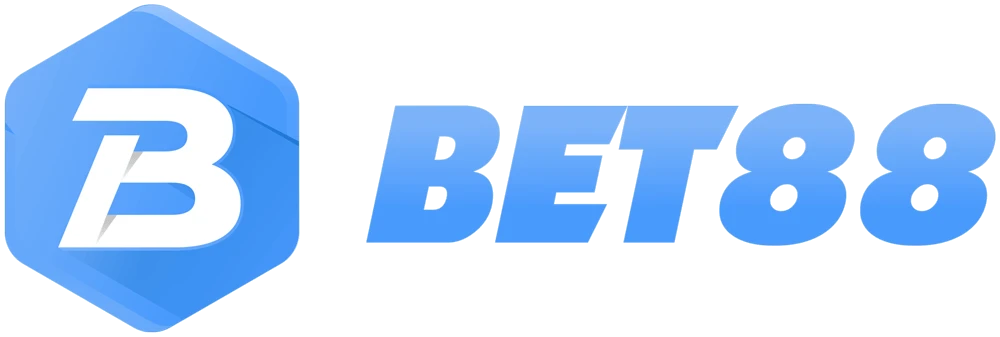telecharger 1win apk
Affiliate marketing represents a significant promotional channel for online gambling operators․ This section will delve into the intricacies of affiliate programs, examining the various commission structures employed to incentivize affiliates to promote gambling services․ The analysis will encompass an overview of affiliate program management, including the methods used to track conversions, manage affiliate relationships, and ensure compliance with contractual obligations․ Crucially, this section will address the potential for conflicts of interest arising from affiliate marketing, considering scenarios where affiliate incentives might overshadow ethical considerations or regulatory requirements․ The discussion will explore the mechanisms for mitigating these risks and ensuring transparency within affiliate partnerships․
D․ Email Marketing⁚ Evaluation of email campaign effectiveness, targeting techniques, and compliance with anti-spam regulations․
Email marketing remains a prevalent promotional strategy within the online gambling sector․ This section will evaluate the effectiveness of email campaigns, considering metrics such as open rates, click-through rates, and conversion rates․ The analysis will examine the targeting techniques employed to segment audiences and personalize messaging, ensuring relevance and maximizing campaign impact․ A critical component of this discussion will involve assessing compliance with anti-spam regulations, such as CAN-SPAM in the United States and GDPR in the European Union․ The examination will encompass best practices for obtaining consent, providing clear unsubscribe options, and adhering to data privacy regulations in the context of email marketing for online gambling services․
What’s more,
A․ Summary of findings⁚ This research concludes that a comprehensive understanding of online gambling promotional strategies is crucial for effective regulation and the promotion of responsible gambling practices․ The analysis highlights the significant influence of technological advancements and evolving consumer behavior on the methods employed by online gambling operators․
B․ Implications for policymakers and regulators⁚ Policymakers and regulators must proactively adapt to the dynamic nature of online gambling promotion․ This necessitates a collaborative approach, involving industry stakeholders and consumer protection advocates, to develop and implement robust regulatory frameworks that address ethical concerns and mitigate risks associated with problem gambling․
C․ Future Research Directions⁚ Further research should explore the long-term impact of specific promotional strategies on player behavior and the effectiveness of various responsible gambling initiatives․ Investigating the evolving role of artificial intelligence and big data analytics in online gambling promotion is also warranted․
Moreover,
E․ Bonus and Incentive Programs⁚ Assessment of various bonus structures (welcome bonuses, deposit bonuses, loyalty programs), their impact on player behavior, and potential for addiction․
Online gambling operators extensively utilize bonus and incentive programs to attract and retain customers․ This section will analyze the various structures employed, including welcome bonuses designed to incentivize initial sign-ups, deposit bonuses that reward subsequent financial commitments, and loyalty programs aimed at fostering long-term engagement․ The analysis will assess the impact of these programs on player behavior, examining their influence on betting patterns, frequency of play, and overall spending․ Crucially, the potential for these incentives to contribute to problem gambling and addiction will be critically evaluated, considering the psychological mechanisms involved and the ethical implications for operators․ This will include a review of responsible gambling measures implemented in conjunction with such programs․
III․ Ethical Considerations and Regulatory Compliance
Besides,
B․ Comparative analysis of different approaches to promotion across various jurisdictions․
This section will undertake a comparative analysis of promotional strategies employed by online gambling operators across diverse jurisdictional contexts․ The analysis will explore how varying regulatory frameworks and cultural norms influence the types of promotional materials used, the targeting of specific demographics, and the overall tone and messaging․ A key focus will be on identifying differences in approaches to responsible gambling messaging and the implementation of advertising restrictions․ This comparative analysis will illuminate the impact of legal and cultural factors on promotional strategies and provide insights into effective and ethical approaches to online gambling marketing in a globalized environment․ The comparative study will contribute to a nuanced understanding of the challenges and opportunities presented by differing regulatory landscapes․
V․ Conclusion
What’s more,
This section provides a preliminary overview of the diverse promotional strategies utilized by online gambling operators․ A comprehensive analysis of each strategy’s ethical implications and regulatory compliance will be presented in subsequent sections․ The following is a non-exhaustive list of common approaches․ Further research may reveal additional methods, and the prevalence of specific tactics will vary considerably depending on the operator, target market, and regulatory environment․ The effectiveness and ethical considerations surrounding each method will be individually assessed․
A․ Social Media Marketing⁚ Analysis of platform usage (Facebook, Instagram, TikTok, etc․), content strategies, and influencer marketing․
Social media platforms represent a significant avenue for online gambling operators to engage potential customers․ This section will examine the utilization of various platforms, including but not limited to Facebook, Instagram, and TikTok, by online gambling operators․ The analysis will encompass an assessment of content strategies employed, such as the types of posts, visuals, and messaging used to attract and engage users․ Furthermore, the role of influencer marketing, where prominent social media personalities endorse or promote gambling products or services, will be critically evaluated in terms of its ethical implications and potential for regulatory non-compliance․
